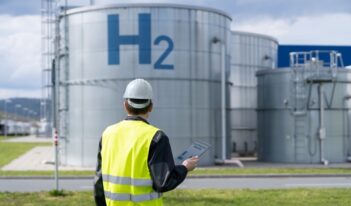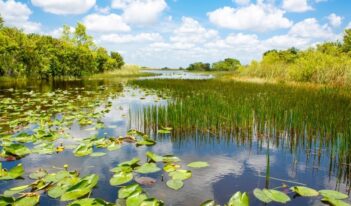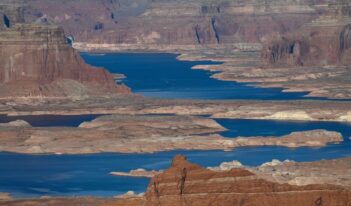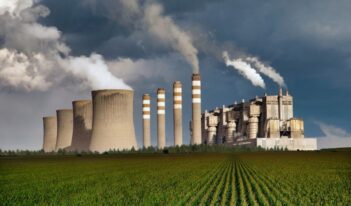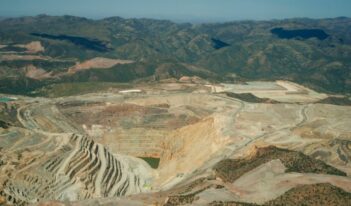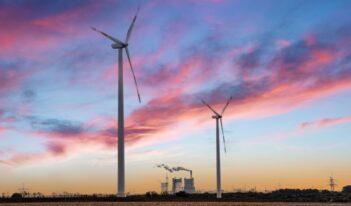Is Hydrogen Energy Key to Solving the Climate Crisis?
Scholars disagree on whether hydrogen is a viable replacement for fossil fuels.
The Wild World of Wildlife Conservation Funding
As traditional revenue sources decline, state wildlife agencies are on the hunt for new funding solutions.
Regulating the Great Indoors
Scholar argues that environmental law and policy should expand its scope to inside areas.
Harnessing AI to Combat Climate Change
At a Penn Program on Regulation workshop, Cass Sunstein explains how AI can help consumers make climate-friendly choices.
Plugging Holes in the Clean Water Act
Scholar sees design flaws in federal water pollution law as fueling rival legal theories.
How Lawyers Hinder Climate-Related Risk Disclosure
Scholars advocate greater accountability for lawyers who guide what public firms share with investors.
Raising Questions About a Carbon Tax
Policymakers should more carefully consider the challenges to implementing a carbon tax.
Regulating Fuel Efficiency in Fantasyland
Congress should allow NHTSA to consider electric vehicles and credit trading when setting fuel standards.
Trump’s Deregulatory Failures
Scholar argues that President Trump’s deregulatory agenda was not successful in the long term.
Securing Nations Against Climate Change
Scholars discuss regulatory climate change solutions in the context of national and global security.
The Mining Mania That Threatens Native Nations
Experts point to the adverse effects of expanded mineral mining on and near tribal lands.
Rural Backlash Could Impede Climate Ambition
Efforts to triple renewable energy capacity may face resistance from citizens in rural areas.

